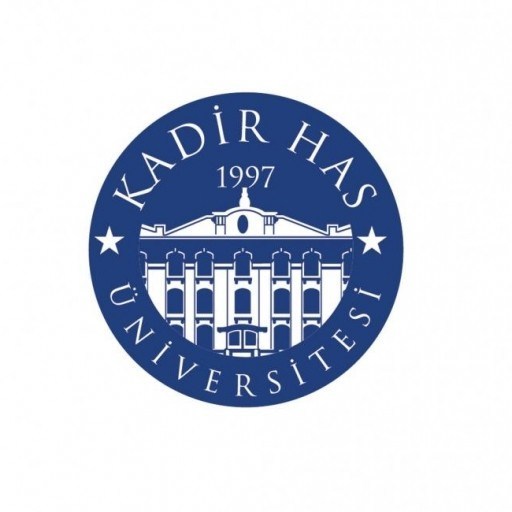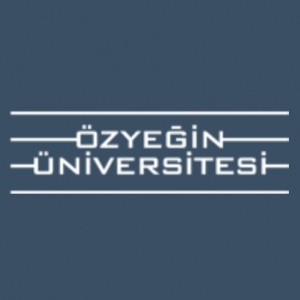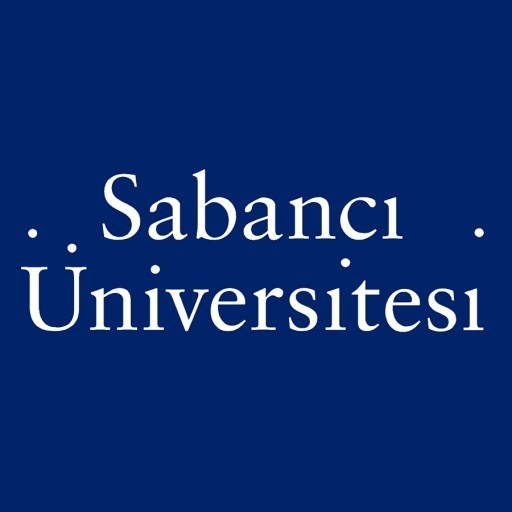Advertisement
The department of Industrial and Systems Engineering at Rutgers is committed to provide the highest quality education for our students. We are committed to research, often in collaboration with industry and other disciplines, to advance the state of knowledge and practice in our field. Both our teaching and research are firmly rooted in scientific principles, and at the same time incorporate in-depth knowledge of problem areas including manufacturing and production systems, quality and reliability engineering, systems engineering and information technology. Our objective is to solve complex, relevant engineering problems facing industry and the public sector today and in the future.
In a time of rapidly changing technology, industrial and systems engineers are needed to design cost-effective, efficient systems that can integrate complex technologies into manufacturing, service, and government enterprises. Industrial and Systems Engineers apply mathematical and economic analysis, engineering sciences, and information technology to solve problems such as designing and controlling automated manufacturing systems, predicting the reliability of electronic components and systems, measuring the safety performance of airlines, analyzing the performance of computer systems, and designing information systems to seamlessly integrate large enterprises. The graduate programs in industrial and systems engineering at Rutgers provide students with a strong technical background and prepare them for leadership careers in this exciting and challenging profession.
* Deterministic Models in Industrial Engineering
* Stochastic Models in Industrial Engineering
* Simulation of Production Systems
* Production Analysis
* Design of Experiments
The department currently supports about thirty graduate students with fellowships, teaching assistantships, and graduate research assistantships. Other students receive partial support or are paid hourly to participate in research projects.
Fellows, graduate research assistants and teaching assistants are required to work for fifteen hours per week on the projects or courses to which they are assigned.
In funding new students, doctoral students receive first priority for support. Most of the offers go to students who have already completed their MS degrees. Occasionally an exceptional student is offered support for doctoral study immediately after the BS degree.
Some MS students have received full or partial funding after they have joined the program. This funding may be hourly payment for research assistance or a limited term appointment as a teaching assistant or graduate research assistant. There are also many job opportunities on campus assisting in research projects on an hourly basis, conducting recitations in calculus, and so on. It is unlikely that an international MS applicant will be offered financial support before joining the program.
Accreditation
The Rutgers name is recognized everywhere, and a Rutgers degree makes a great first impression. Weve built our academic reputation on solid accomplishments:
* Rutgers is a memberso are Harvard, Yale, and Berkeleyof the prestigious Association of American Universities, the 61 leading research universities in North America.
* More than 175 Rutgers research centers support pioneering work in stem cells, climate change, DNA analysis, and more.
* Rutgers international reputation draws top students from more than 130 countries and all 50 states.








